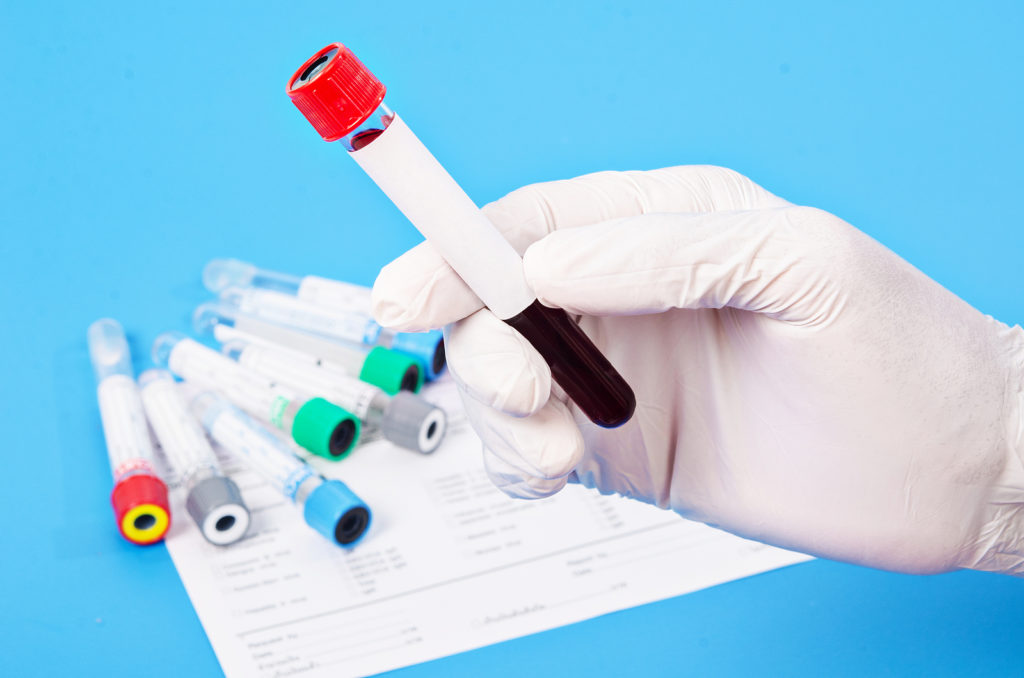Phlebotomy Schools in Iowa
Phlebotomists are essential to most medical teams because they allow doctors to analyze blood and other bodily fluids for diagnostic and treatment purposes. They're considered medical support personnel and are in high demand throughout the United States. The field is expected to grow by approximately 17% by 2029, which is an impressively high rate of growth.
How Can I Find the Best Phlebotomy Training Program Near Me?
Some phlebotomists start their career with hands-on experience on the job. Those unable to secure that training for free can complete a phlebotomy training course to obtain the knowledge and practical skills needed to work in the field successfully.
The most reputable phlebotomy classes in Iowa are offered by smaller community colleges. Some of the most popular options include:
- Phlebotomy Technician Certificate Course at Iowa Valley Continuing Education – 90-hour program with optional clinical experience.
- Phlebotomy Certificate Program at St. Luke's College – 112-clock hour program that requires the completion of 100 venipunctures and 15 dermal punctures.
- Phlebotomy Technician Program at Eastern Iowa Community Colleges – 144-hour program with clinical experience that is completed in nine weeks.
- Phlebotomy Program at Iowa Western Community College – Intense course that includes 120 hours of clinical experience and requires Nurse Aide certification as a program prerequisite.
Most Iowa phlebotomy training programs are completed within three months and require hands-on clinical experience at school-approved medical facilities. While passing a certification test is typically not a program requirement, most courses are designed to prepare students for certification.
Students unable to attend classes in person can complete an online phlebotomy course. Virtual courses may not include clinical experience or may not assist students in finding suitable facilities for clinical experience.
What Is the Phlebotomy Certification/Licensing Process in Iowa?
There is no legal requirement for phlebotomists to secure certification before employment in Iowa. Healthcare workers employed in hospitals and laboratories in other positions often receive on-the-job training that qualifies them to work as phlebotomists later in their career. That experience is adequate for many employers hiring new phlebotomists.
Future phlebotomists unable to secure hands-on experience through the workplace can maximize their job opportunities by completing a training class. Many employers prefer candidates pass a certification test before applying for phlebotomy positions. Some employers consider certification a minimum requirement for employment.
There are multiple certification tests that students can take to prove their competence in the field, including:
Where Can I Find a Job As a Phlebotomist in Iowa?
Phlebotomy jobs are readily available in most medium and large cities, and they're common in small towns throughout the country as well. Trained phlebotomists can work anywhere that professionals are needed to obtain samples of blood and other bodily fluids.
The most common work environments for phlebotomists in Iowa include:
- Hospitals
- Medical centers
- Medical clinics
- Laboratories
- Ambulatory services
Phlebotomy is a good entry-level position for students interested building careers in the medical field. The training programs are fast to complete, there are jobs readily available in most areas, and expected industry growth provides job security. Many phlebotomists are working toward degrees in nursing and other medical positions.
What Is the Salary for a Phlebotomist in Iowa?
In May 2021, the average annual salary for phlebotomists in Iowa was just over $34,000. That's slightly lower than the national average, which had a mean of over $36,000 per year in 2020. The salary range nationwide was around $26,000 to over $50,000, placing Iowa's average salary mid-range when compared to the rest of the country.
Nationwide, phlebotomists working in outpatient care centers tend to earn the most with a median salary over $40,000 in 2020. Those working in laboratories were close behind with those working in physician's offices, hospitals, and ambulatory healthcare services rounding out the top five most lucrative workplaces for phlebotomists.
Phlebotomists can increase their earning potential by completing training programs and securing certification. Obtaining years of experience is another approach to earning more in the phlebotomy field.
Phlebotomy Schools By City
The following cities in Iowa offer phlebotomy training schools and courses.
- Des Moines, IA 2 schools
